Palermo and The Florio Dynasty
The Florio Family: The Dynasty that Transformed Palermo in Splendor and Mystery
The story of the Florio family is one of the most fascinating chapters in Palermo’s history. This entrepreneurial dynasty, originally from Calabria, left an indelible mark on the city, transforming it into one of the most prosperous and culturally vibrant centers of the Mediterranean between the 19th and early 20th centuries. The Florios were not only industrialists and traders but also patrons, innovators, and charismatic figures, whose rise and fall are steeped in mystery and intrigue that continue to captivate historians and history enthusiasts alike.
- The Origins of the Florio Family: From Calabria to Palermo
- The Success of Ignazio Florio: The Florio Empire at Its Peak
- Ignazio Florio Jr. and Donna Franca: The Florio Family’s Golden Age
- The Mysterious and Intriguing Side: The Shadows over the Florios’ Fate
- The Decline of the Florio Family: The End of an Era
- The Legacy of the Florio Family: In Palermo and Beyond
- Conclusion: The Florio Family, Myth and Reality
The Origins of the Florio Family: From Calabria to Palermo
The Florio family’s story in Palermo begins with Vincenzo Florio, the patriarch of the family, who moved from Calabria to Palermo in 1799. Initially a humble spice seller, Vincenzo built a commercial empire thanks to his extraordinary business acumen. He opened a grocery store in the city that quickly became famous for the quality of its products. With exceptional foresight, Vincenzo reinvested his profits in various ventures, including canned tuna production and sulfur processing, laying the foundation for what would become one of southern Italy’s most influential families.
Additionally, Vincenzo was one of the pioneers in the production and commercialization of Marsala wine, helping to make it internationally famous. Although Marsala was already being produced in Sicily thanks to the Englishman John Woodhouse, it was Vincenzo Florio who industrialized the process, founding the Florio Winery in 1833.
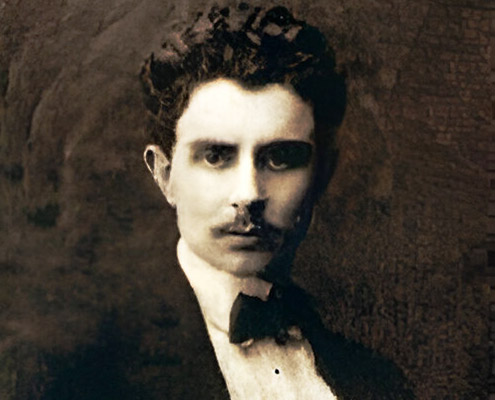
The Success of Ignazio Florio: The Florio Empire at Its Peak
After Vincenzo’s death, his son Ignazio Florio Sr. took over the family business and expanded its influence even further. Ignazio transformed the small grocery store into a true industrial empire, with interests ranging from tuna fisheries to banks, insurance, and shipbuilding. Under Ignazio’s leadership, the Florios acquired the tuna fisheries of Favignana, where they introduced innovative tuna preservation techniques, turning it into a high-quality product exported worldwide.

Few people know that it was the Florio family who invented tinned tuna in oil; before this innovation, tuna was mostly preserved in salt. This breakthrough led to the birth of a booming industry, making canned tuna one of Sicily’s main export products.
The family’s success was built on a combination of entrepreneurial ingenuity, technological innovation, and a vast network of influential connections. Ignazio was one of the driving forces behind Sicily’s modernization, contributing significantly to the island’s economic and infrastructural development.
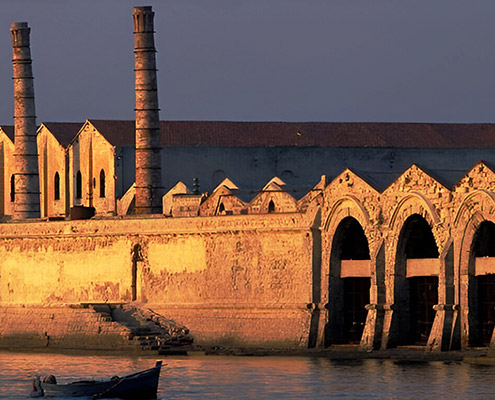
Ignazio Florio Jr. and Donna Franca: The Florio Family’s Golden Age
The third generation of the Florios is represented by Ignazio Florio Jr. and his wife, Donna Franca Florio, one of the most glamorous and influential couples of the time. Ignazio Jr. further expanded the family empire, investing in new ventures and strengthening the family’s social prestige. Donna Franca, known as the “Queen of Palermo,” was famous for her beauty and style, and she became the symbol of Palermo’s high society.
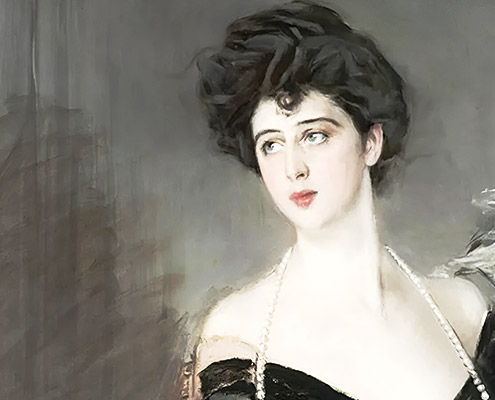
Franca Florio portrait by Giovanni Boldini
The Florios were at the center of European cultural and social life. Their residence, Villa Igiea, designed by architect Ernesto Basile, became one of Palermo’s most exclusive locations, frequented by kings, queens, artists, and intellectuals. The family sponsored cultural events, such as the Targa Florio, one of the oldest car races in the world, which is still celebrated today as a historically significant event.
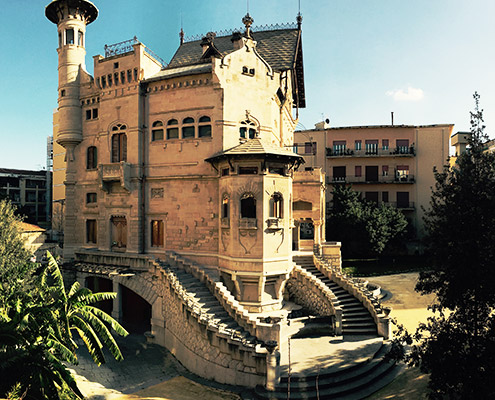
The Mysterious and Intriguing Side: The Shadows over the Florios’ Fate
Despite their success and fame, the Florio family’s story is also marked by mysterious and tragic events. One of the most enigmatic episodes involves the death of Ignazio Florio Jr., which occurred under circumstances that were never fully clarified. Ignazio died at the age of just 56, officially from natural causes, but there were rumors of suicide or even poisoning, linked to the debts and financial difficulties the family was facing. His death marked the beginning of the Florio empire’s decline.
Another intriguing aspect is the Florios’ connection to power and politics. Their rise was facilitated by close relationships with politicians and nobles of the time, but this connection also contributed to their downfall. With the rise of fascism and shifting political alliances, the Florios lost much of their influence and wealth. Some historians speculate that the Florios may have been victims of conspiracies or political pressure that hastened their demise.
The Decline of the Florio Family: The End of an Era
The decline of the Florio family was rapid and inevitable. Beginning in the 1920s, the family started selling much of their property and businesses to pay off growing debts. The empire that had dominated Sicily’s economic scene for over a century crumbled, and the family lost its prestige and wealth. Donna Franca, who had once been the undisputed queen of Palermo society, spent the final years of her life in solitude and financial difficulty.
The last direct heir, Giovanna Florio, lived out of the spotlight, while the memory of the Florios’ greatness transformed into a legend steeped in nostalgia and mystery. Today, the Florio name is still synonymous with luxury and an era of splendor that no longer exists, but it continues to live on in the stories and works of art that celebrate their history.
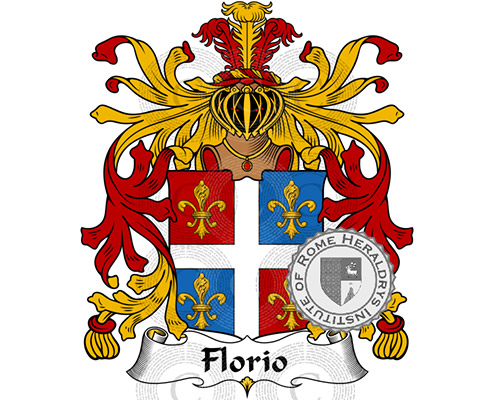
The Legacy of the Florio Family: In Palermo and Beyond
Despite their decline, the Florio family’s legacy is still visible in Palermo. The city is dotted with monuments and locations that bear their name and remind us of their contribution to Sicily’s development. Villa Igiea, now a luxury hotel, continues to evoke the splendor of the Florio family’s golden age. The Targa Florio, one of the oldest car races, remains an iconic event, while the memory of the family is kept alive through books, films, and exhibitions.
The Florios left an indelible mark not only on Palermo but also on Italy’s industrial and cultural history. Their story is a powerful example of how success can be fleeting and how power and wealth can become a golden trap. But it is also a story of innovation, entrepreneurial vision, and a deep connection to a city that, to this day, remembers them with admiration and nostalgia.
Conclusion: The Florio Family, Myth and Reality
The saga of the Florio family is a fascinating tale of rise and fall, of splendor and mystery. It is the story of a family that forever changed the face of Palermo, transforming the city into a center of culture, industry, and high society. It is also a story of how fate can be unpredictable, how power can lead to ruin as much as to success.
The Florios continue to live in the heart of Palermo, in its palaces, its streets, and the collective memory of a city that has not forgotten their contributions and their tragic downfall. They are a symbol of a golden age that, although long gone, continues to shine through the centuries.



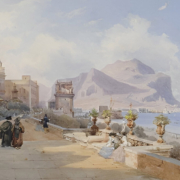
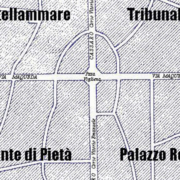
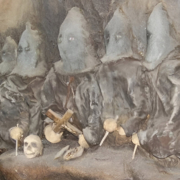
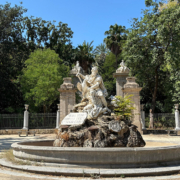
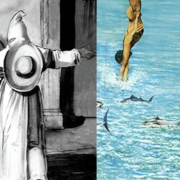

 2024 visit-palermo.com
2024 visit-palermo.com